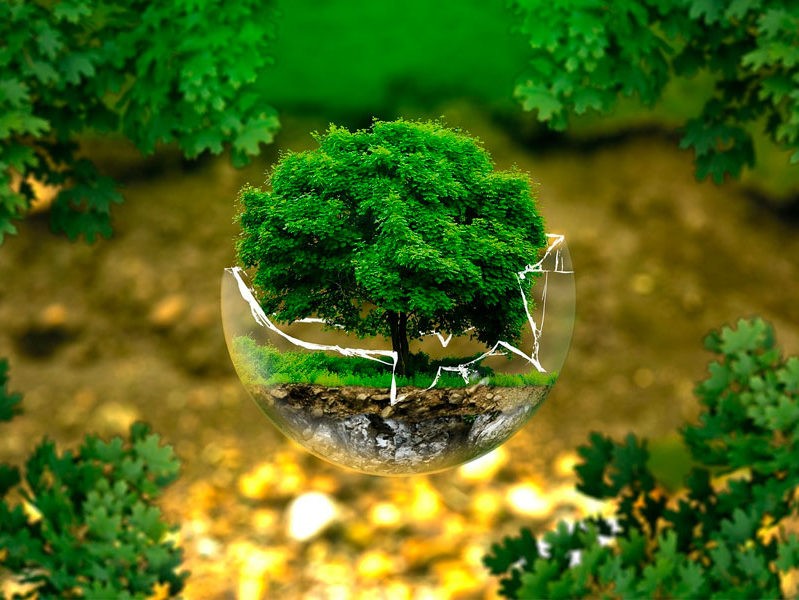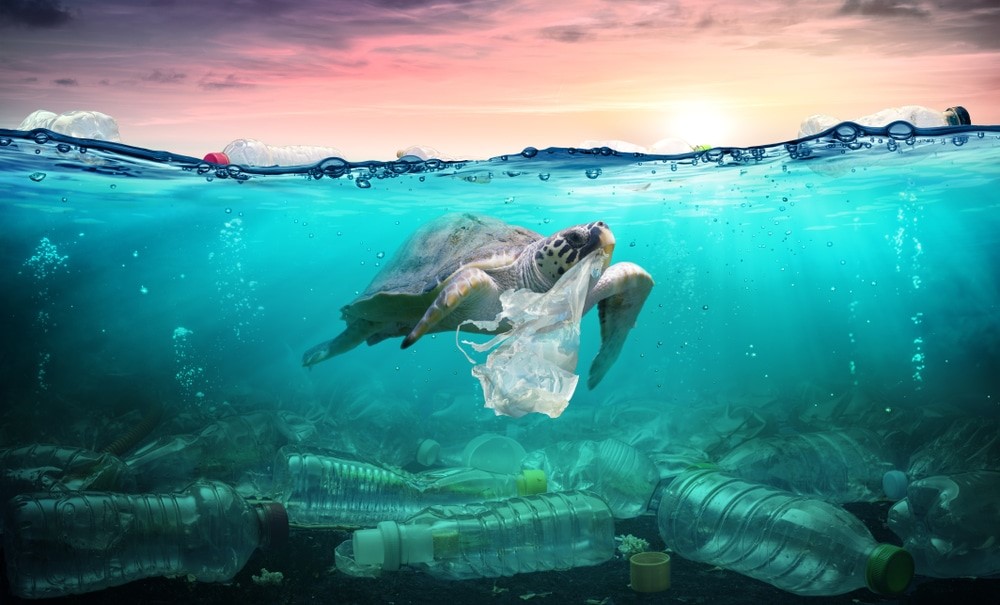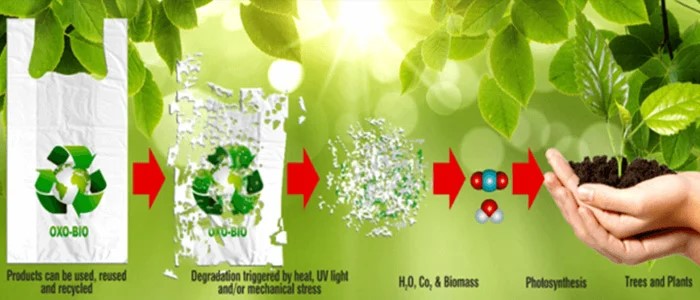Advantages Of Biodegradable Plant-Based Plastics
Plastics are ubiquitous in modern-day life, being utilized in numerous applications, such as cutlery, packaging, bottles, clothing, electronics, and more. Their popularity stems from their versatility in 3D modelling, durability, and ease of use in various manufacturing processes. Plastics have become an essential component of everyday items, revolutionizing industries and improving convenience for people worldwide.[1]

Figure 1. Advantages Of Biodegradable Plant-Based Plastics
Figure 1 shows Biodegradable plant-based plastics, or bioplastics, offer several advantages over traditional petroleum-based plastics. These advantages make them a more sustainable and environmentally friendly option.
Here are some key benefits of biodegradable plant-based plastics:
Reduced Plastic Pollution: Biodegradable plant-based plastics break down naturally through biological processes, such as microbial decomposition. This characteristic reduces the accumulation of plastic waste in landfills and oceans, helping to mitigate plastic pollution and its harmful effects on ecosystems and wildlife.
Renewable Resources: Bioplastics are made from renewable plant sources like corn, sugarcane, and other agricultural crops. Unlike petroleum-based plastics, which rely on finite fossil fuels, bioplastics can be produced from annually renewable resources, promoting sustainability and reducing our dependence on non-renewable resources.
Lower Carbon Footprint: The production of biodegradable plant-based plastics generally emits fewer greenhouse gases compared to traditional plastics made from fossil fuels. This lower carbon footprint helps combat climate change and contributes to environmental conservation.
Resource Efficiency: Some bioplastics can be produced using agricultural waste or by-products, maximizing resource utilization and reducing waste in the agricultural industry. This encourages a circular economy approach and minimizes environmental impact.
Non-toxic Degradation: Biodegradable plant-based plastics break down into non-toxic components during the degradation process. This characteristic is essential for minimizing harm to ecosystems, wildlife, and human health, as there are no harmful by-products left in the environment.
Versatility: Biodegradable plant-based plastics can be used in a wide range of applications, from single-use items like bags and cutlery to durable products such as packaging materials and automotive parts. Their versatility makes them suitable for various industries, promoting widespread adoption.
Consumer Appeal: As environmental awareness increases, consumers are becoming more conscious of their choices. Biodegradable plant-based plastics appeal to environmentally conscious consumers who seek eco-friendly alternatives to traditional plastics.
Biodegradability in Marine Environments: Some bioplastics are designed to biodegrade in marine environments, offering a potential solution to reduce plastic pollution in oceans and protect marine life.
Innovations and Research: The development of biodegradable plant-based plastics has sparked innovation and research in the field of sustainable materials. Ongoing advancements are improving the performance, durability, and cost-effectiveness of bioplastics, making them more competitive with traditional plastics.
In conclusion, biodegradable plant-based plastics present a promising solution to the global plastic pollution problem. Their advantages in terms of reduced environmental impact, renewability, and non-toxic degradation make them an important part of the effort to transition to more sustainable and responsible plastic materials.
References:
- https://www.conserve-energy-future.com/advantages-disadvantages-uses-biodegradable-plastics.php
Cite this article:
Janani R (2023),Biodegradable Plant-Based Plastics: Reducing Plastic Pollution, Anatechmaz,pp 3





